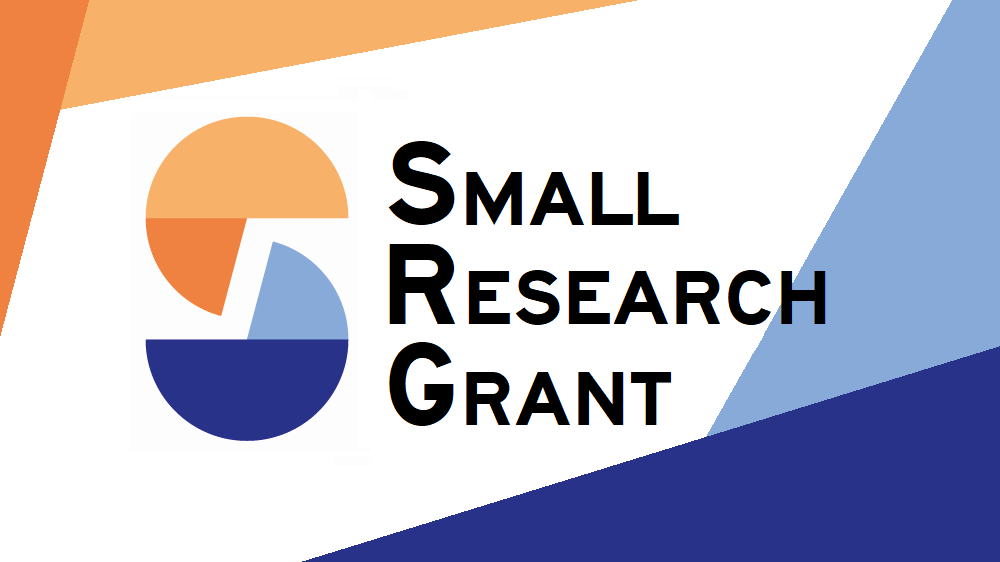It has become increasingly clear that economic globalisation has social and political repercussions. We know little, however, about how social capital or cohesion is affected by globalisation. This project studies the link between trade exposure and various dimensions of social cohesion, such as trust, identity and participation. It also explores specific mechanisms that may underline such a relationship, such as whether trade exposure affects social cohesion through changes in labour market outcomes.
To provide evidence on these questions, the research time combine a rich set of microdata that covers the universe of formal workers and firms in Uganda with detailed microdata on households and public attitudes. With this data at hand, they construct unique firm, worker, and household measures of trade exposure, which, matched to individual-level data on social cohesion, make causal identification possible. The rich data also permit exploration of heterogeneous effects and the mechanisms behind trade exposure and social cohesion. To obtain variation for the identification strategy, the researchers exploit changes in exchange rates, which are plausibly exogenous to social cohesion (and labour market) outcomes.
Understanding how globalisation affects social cohesion and the channels through which it operates are relevant both for understanding individual preferences towards globalisation and for designing appropriate policy responses. This is particularly important for low- and middle-income countries that pursue trade liberalisation to enhance structural transformation, growth and welfare. This projects addresses relevant questions, such as: does trade liberalisation pose a threat to structural transformation through a destruction of social values? How could policy be amended to limit negative and increase positive effects from trade liberalisation on trust, identity and participation?
























































